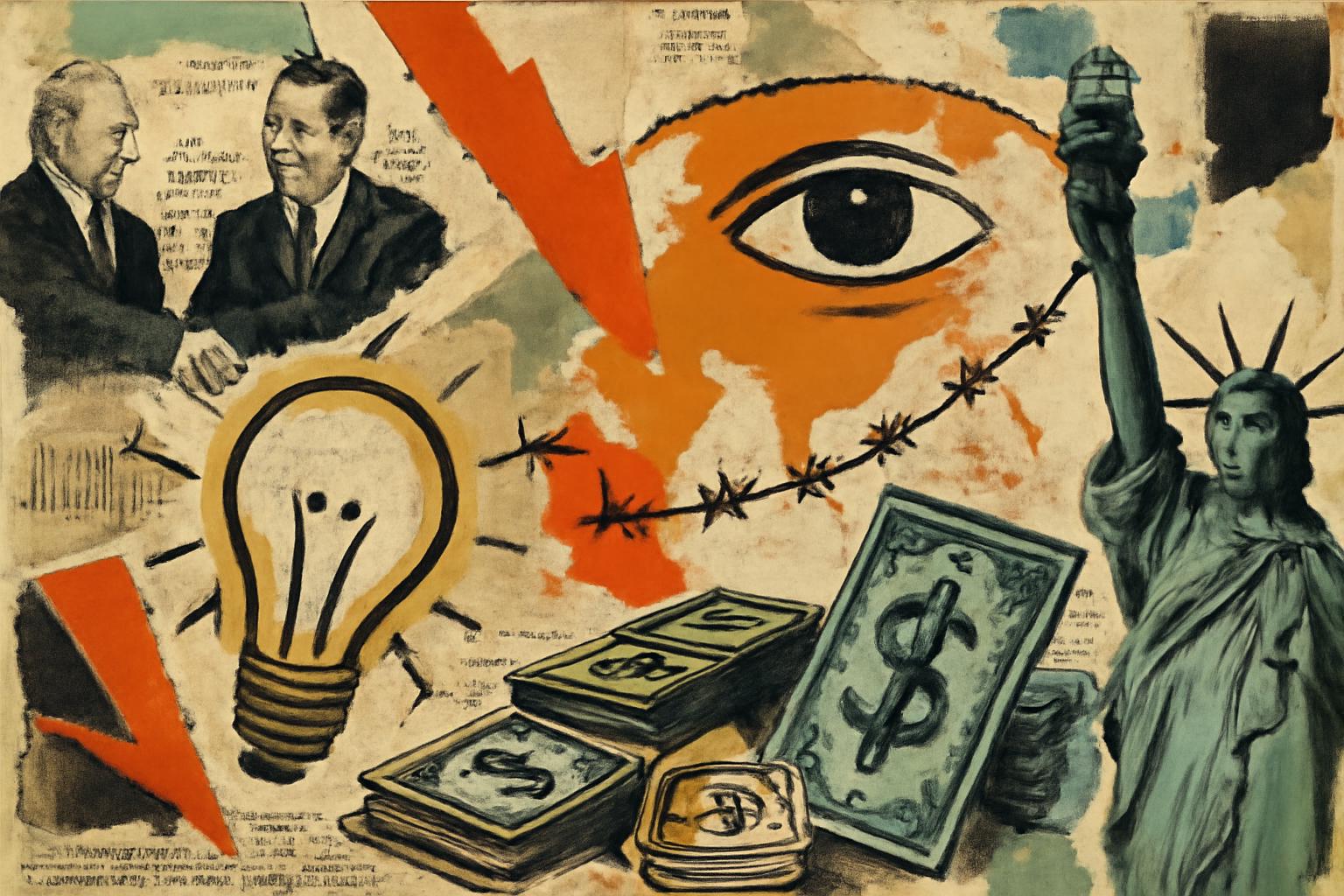From a libertarian vantage, the SCO summit signals a deliberate reordering of sovereignty around state power, not around the rights and choices of individuals. China, Russia and their partners are pushing to deepen economic and political ties as a counterweight to Western-led institutions, and to accelerate a “shared development bank” as a new engine of centralized credit allocation. It’s not a defense pact, they say, but it is a concerted attempt to fashion a bloc with its own rules, subsidies, and priorities. The result is a geopolitical move that treats economic life as a tool of state ambition rather than a domain for voluntary exchange and private initiative. The fact that the group now spans a large share of the world’s population only magnifies the danger: more people under more coercive configurations, more opportunities for politically directed credit, and more incentive for governments to discipline markets to serve political ends.
Hayek would remind us that the knowledge to run an economy lies dispersed among countless individuals and firms, not centralized in a council of planners. A development bank created by a coalition of states would systematically replace the price signals of free markets with politically determined priorities. Credit would flow to politically favored projects, not to those best aligned with actual consumer demand or true entrepreneurial risk. The price system would be eroded, discovery would be stunted, and the seeds of crony capitalism would be sown in the very institutions intended to “develop” economies. The bank would become a tool for managing growth by fiat, rather than a mechanism that channels capital to where it finds and satisfies revealed preferences. That misallocation would slow or distort innovation and erect barriers to entry for smaller entrepreneurs who lack political protection.
Nozick’s case for a minimal state helps illuminate the coercive core of such moves. If the legitimate function of government is to protect rights—life, liberty, and property—then expanding taxation to fund a cross-border development cartel, to enforce new credit rules, or to coordinate sanctions and bloc-wide policies goes beyond a legitimate remit. It justifies a broader, more intrusive state—one that claims the authority to shape economies, punish dissent, and bind members to collective decisions through bargaining and coercion. The SCO’s rhetoric of unity against the West masks a project in which individual rights are traded for a sense of security derived from belonging to a powerful bloc. This is the very inversion Nozick warned about: rights become fungible tokens in a political ledger, not inviolable limits on force.
Rand’s defense of individual rights and moral courage underlines the ethical horizon here. The call to “stand together” at the expense of others’ freedom is a collectivist refusal to respect the primacy of the individual. Any system that legitimizes sanctions, trade controls, or cross-border credit regimes as instruments of political solidarity is a direct assault on property rights, voluntary association, and the right to transact freely with whom one pleases. The cure is not more coercive coalition-building, but a defense of laissez-faire—where voluntary exchange, private law, and neutral arbitration govern relations across borders without coercive overrides by states seeking to dominate markets or souls.
The geopolitics on display—oil dealings, sanctions, border diplomacy, and a shared strategic doctrine—reveal that blocs blessed with coercive power can become engines of restriction just as easily as engines of commerce. A libertarian counter-program would insist on rolling back state power, defending private property and free exchange across borders, and leaving the economy to be steered by voluntary cooperation and competitive institutions rather than by central planning masquerading as development. The only stable order compatible with individual freedom is one in which the state withdraws from micromanaging economies and a multitude of peaceful, voluntary arrangements take the place of blocs that treat citizens as members of a political collective first and as individuals second.
